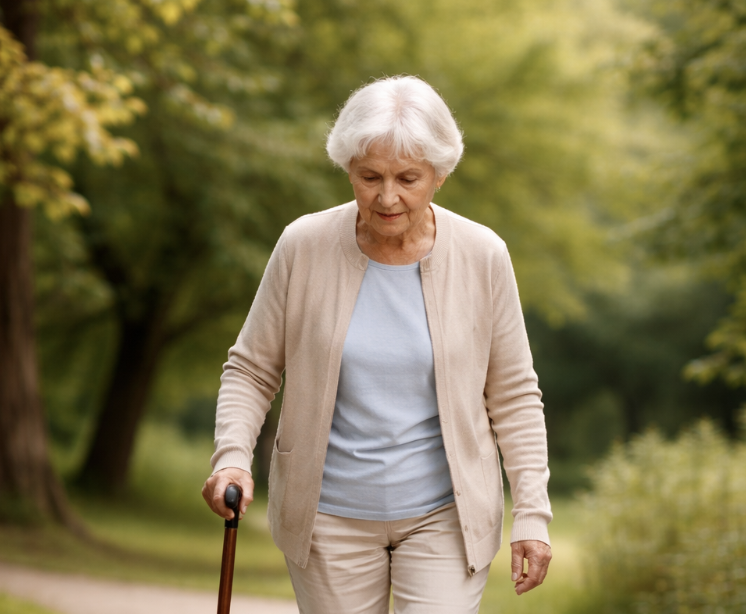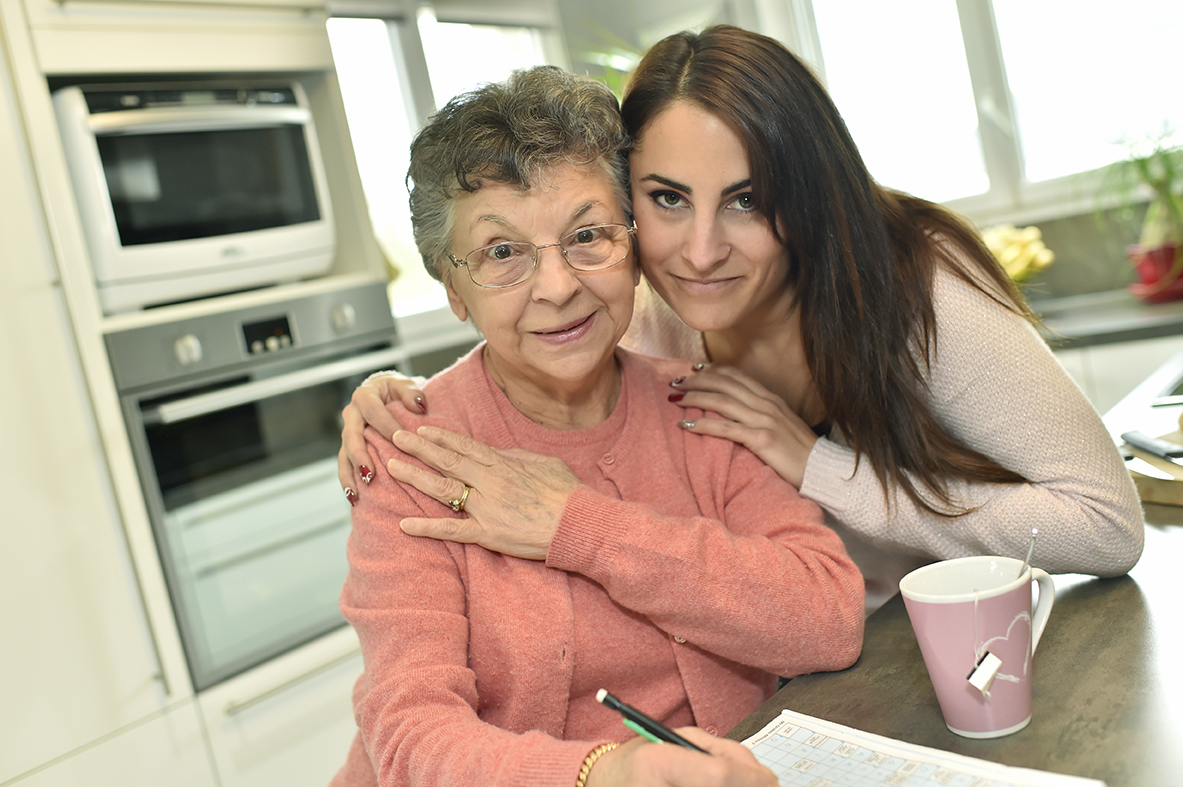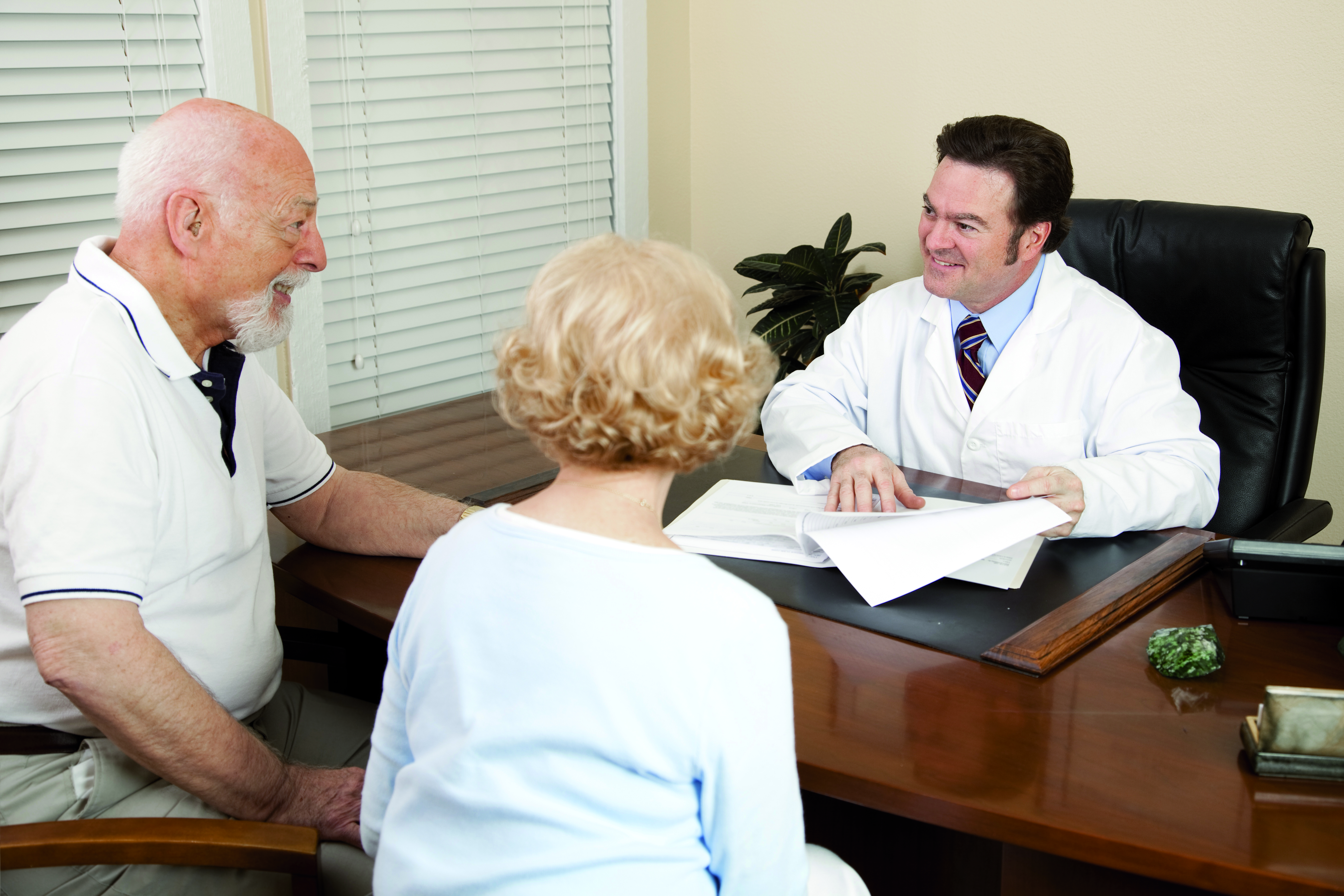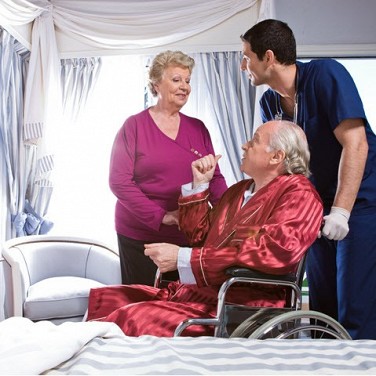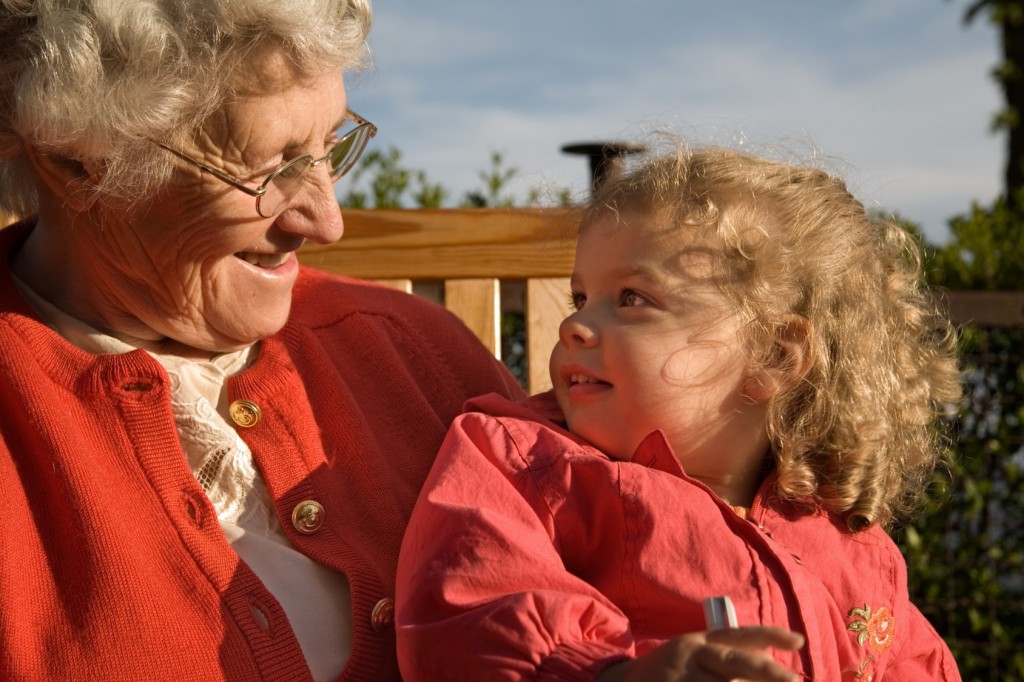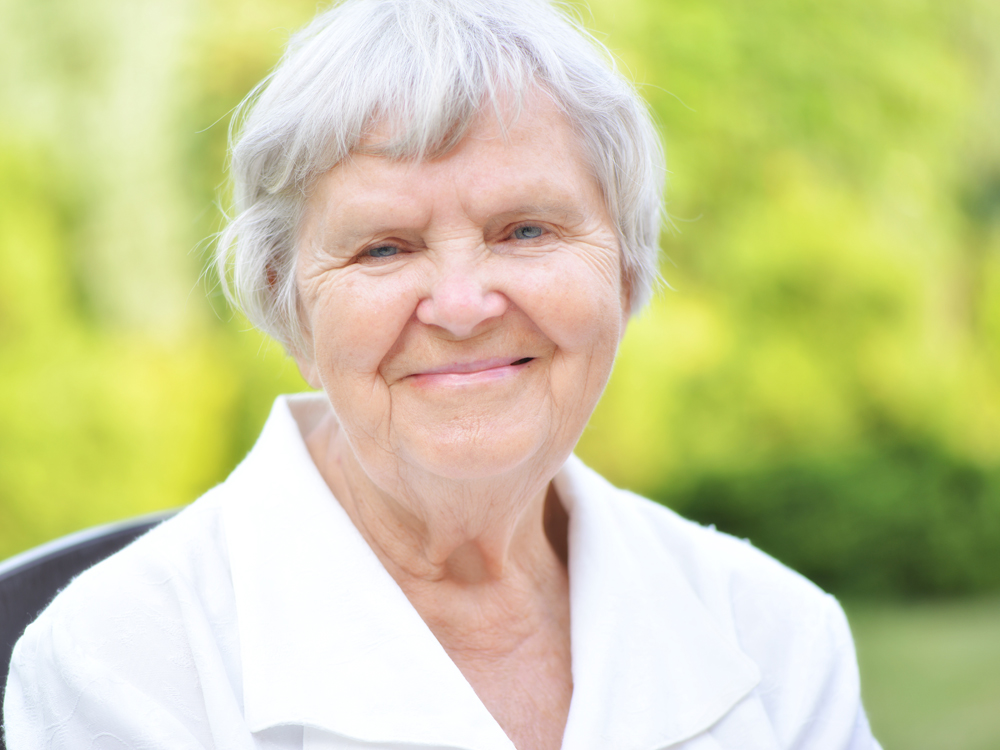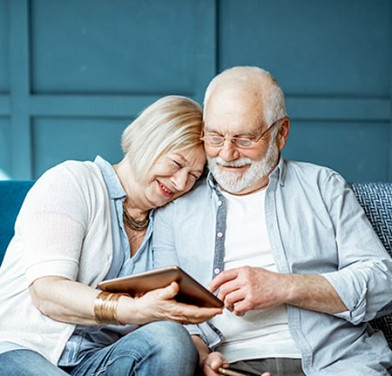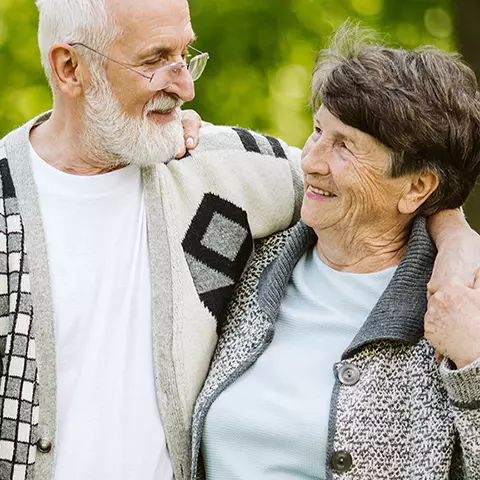
On April 11th, we celebrated World Parkinson's Disease Day. On this occasion, the world focuses its attention on this disease. April 11th marks the anniversary of the English physician James Parkinson (1755-1824), who was the first to describe the symptoms of the disease. World Parkinson's Disease Day serves as an ideal moment for us to reflect on the opportunities that Parkinson's patients have, despite their limitations, such as sports. It's an excellent way to distract oneself, reconcile with one's body, and work on movements.
Parkinson's disease is a movement disorder in which automatic movements become slower, smaller, and less smooth. The more complex the movement, the more difficult it becomes. However, exercise is a powerful tool for slowing down and managing the disease. Exercise stimulates the production of dopamine in the brain, which is the substance necessary to control movement muscles and is deficient in Parkinson's patients. Therefore, it is highly beneficial and important for people with this disease to engage in or continue exercising.
What are the benefits of sports for Parkinson's disease?
Find YOUR ideal care home NOW!
Exercise helps reduce both motor and non-motor symptoms of the disease. Think about balance issues and reduced dexterity. Through specific exercises, patients can learn how to prevent falls and manage bothersome symptoms such as "rigidity," where a patient suddenly freezes while walking. Moreover, exercise has a positive impact on common symptoms like constipation, sleep problems, and depression.
Unfortunately, the barrier to exercise is often high for individuals with Parkinson's. They may have fears or lack motivation due to motor disabilities and depressive states. This is regrettable because there are still many sports activities available, whether at home, outdoors, or in nearby care facilities. Special training classes, for example, are organized for Parkinson's patients in sports clubs and nursing homes.
What sports can meet the needs of people with Parkinson's disease?
Among a wide range of beneficial sports, here are some examples:
| Sport | Description | Benefits |
|---|---|---|
| Tai Chi | Chinese martial art focusing on slow, controlled movements | Improves balance, flexibility, and reduces stress |
| Yoga | Physical and mental practice combining postures and controlled breathing | Strengthens the body, improves flexibility, and aids relaxation |
| Dance | Movement set to music, often in group settings | Stimulates coordination, balance, and reduces rigidity |
| Boxing | Training that improves coordination and strength | Enhances brain-muscle communication, agility, and speed |
| Cycling | Aerobic activity that can be done indoors or outdoors | Helps maintain mobility, strengthens muscles, and improves overall health |
When choosing a physical activity, it's important not only to find a safe way to exercise but also to choose an activity that suits you. If you don't really enjoy the sport you're practicing, you'll find it more challenging to exercise regularly and in the long term. A physical therapist can help you find and implement a suitable exercise program. Nursing homes also organize many activities to keep residents moving, often considering the capabilities and limitations of Parkinson's patients.
FAQ:
1. What are the benefits of exercise for Parkinson’s disease?
Exercise helps reduce both motor and non-motor symptoms of Parkinson’s disease, including rigidity, balance issues, and depression. Regular physical activity improves coordination, flexibility, strength, and mental health.
2. What types of exercises are recommended for Parkinson’s patients?
Exercises like Tai Chi, Yoga, Dance, Boxing, and Cycling are highly beneficial for Parkinson’s patients. These activities help with improving balance, strength, coordination, and mobility, while also offering mental health benefits.
3. Why is Tai Chi recommended for Parkinson's patients?
Tai Chi is a gentle exercise that focuses on slow, controlled movements, which helps improve balance, flexibility, and body awareness. It also promotes relaxation, reduces stress, and enhances muscle strength.
4. How does yoga help with Parkinson’s disease?
Yoga helps Parkinson's patients by improving flexibility, muscle strength, and mental relaxation. The controlled breathing and postures strengthen the body, reduce stiffness, and promote better sleep quality.
5. Can boxing help with Parkinson's disease?
Yes, boxing improves brain-muscle communication, coordination, and agility. It also helps strengthen muscles and improve reaction speed, which can be affected by Parkinson's disease. Boxing is a fun and effective way to enhance physical and mental well-being.
6. Is cycling a good exercise for Parkinson’s patients?
Cycling is an excellent low-impact exercise for Parkinson’s patients, especially those with difficulty walking. It helps maintain mobility, strengthens muscles, and improves overall cardiovascular health. Both stationary and outdoor cycling can be adapted to suit the patient's abilities.
7. How can I integrate exercise into my daily routine with Parkinson's disease?
It’s important to choose activities that you enjoy, making it easier to exercise regularly. Consulting with a physical therapist can help you develop an exercise program suited to your abilities and needs. Many nursing homes and care facilities also offer tailored exercise programs for Parkinson's patients.
Need help finding a care home?
Senior Home Plus offers free personalized guidance to help you find a care facility that suits your health needs, budget, and preferred location in the UK.
Call us at 0203 608 0055 to get expert assistance today.
Do you need a care home for yourself or your loved one?
Search for Care Homes by Region
| East Midlands | Eastern | Isle of Man |
| London | North East | North West |
| Northern Ireland | Scotland | South East |
| South West | Wales | West Midlands |
| Yorkshire and the Humber |
Share this article :
Latest posts
You are looking for an establishment for your loved one ?
Get availability & prices
Fill in this form and receive
all the essential information
We would like to inform you of the existence of the opposition list for telephone canvassing.


.jpg)
